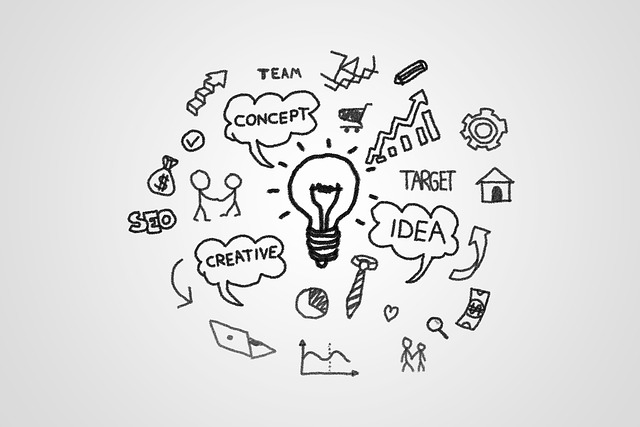Marketing Automation: Fueling the Future of Digital Marketing
In the ever-evolving digital landscape, marketing automation has emerged as an indispensable tool for businesses seeking to streamline their marketing efforts and enhance customer engagement. Its importance stems from its ability to automate mundane tasks, freeing up marketing teams to focus on more strategic initiatives.
The Genesis of Marketing Automation
The roots of marketing automation can be traced back to the early days of computer technology, when businesses used punched cards to manage customer data and automate simple marketing tasks. Over the years, advancements in software and technology have propelled marketing automation into the sophisticated and multifaceted field it is today.
Current Innovations and Trends
The marketing automation industry is constantly evolving, with new innovations and trends emerging regularly. Some of the most notable trends include:
- Artificial intelligence (AI): AI-powered marketing automation tools are transforming the way businesses interact with customers by providing personalized recommendations, automating content creation, and optimizing marketing campaigns.
- Customer relationship management (CRM) integration: Marketing automation platforms are seamlessly integrating with CRM systems, enabling businesses to gain a holistic view of their customers and tailor marketing efforts accordingly.
- Cross-channel marketing: Marketing automation tools facilitate cross-channel marketing campaigns, allowing businesses to deliver consistent and personalized messaging across multiple channels, including email, social media, and mobile.
Challenges and Solutions
While marketing automation offers numerous benefits, businesses may also face certain challenges:
- Data privacy and security: Marketing automation platforms handle large amounts of customer data, raising concerns about privacy and data protection. Businesses must implement robust security measures to safeguard customer information.
- Data overload: The abundance of customer data can lead to data overload, making it difficult to identify valuable insights. Effective data management strategies are essential to harness the power of data for marketing automation.
- Lack of technical expertise: Marketing automation requires some technical expertise, which may not be readily available in-house. Businesses can address this by partnering with experienced marketing automation vendors or hiring specialized professionals.
Case Studies and Success Stories
Numerous businesses have achieved remarkable success by leveraging marketing automation. For instance, Salesforce, a leading CRM software provider, uses marketing automation to nurture leads, improve customer engagement, and increase sales conversions.
Kissimmee, Florida, has also made significant contributions to the marketing automation industry. The city is home to several leading marketing automation companies, including Oracle Eloqua and Marketo. These companies have played a vital role in developing and refining marketing automation technologies.
Best Practices for Marketing Automation
To optimize the effectiveness of marketing automation, consider the following best practices:
- Define clear goals: Determine specific marketing objectives that you aim to achieve with marketing automation.
- Segment your audience: Divide your customer base into distinct segments based on demographics, preferences, and behavior.
- Personalize your messages: Use marketing automation to deliver personalized and targeted messages to each customer segment.
- Track and measure results: Regularly monitor the performance of your marketing automation campaigns and make adjustments as needed.
The Future of Marketing Automation
The future of marketing automation holds exciting possibilities, with the integration of emerging technologies such as machine learning and augmented reality. These advancements will further enhance the efficiency and effectiveness of marketing automation, enabling businesses to connect with customers in innovative and captivating ways.
Summary
Marketing automation has revolutionized the way businesses engage with customers in the digital age. Through its ability to automate tasks, personalize messaging, and track results, marketing automation empowers businesses to streamline their marketing efforts, increase engagement, and drive growth. By embracing best practices and staying abreast of the latest innovations, businesses can harness the power of marketing automation to navigate the ever-changing digital landscape and achieve marketing success.
Contents
